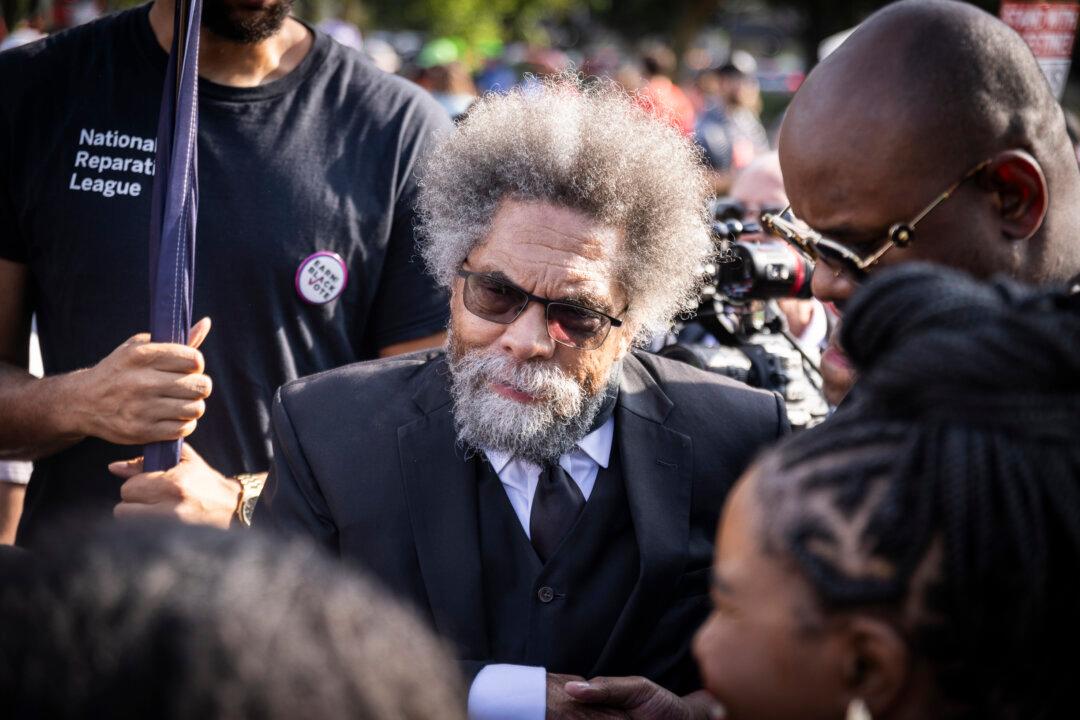The Pennsylvania Supreme Court has upheld a lower court ruling that independent presidential candidate Cornel West will not appear on the key battleground state’s ballot for the November election.
The ruling, issued in a one-page order on Sept. 16, affirms an Aug. 23 decision by the Commonwealth Court to keep West off the ballot because his campaign lacked the required affidavits for 14 of his 19 presidential electors, with the lower court citing “laches” and “indispensable parties” as supporting arguments for dismissing West’s challenge.





